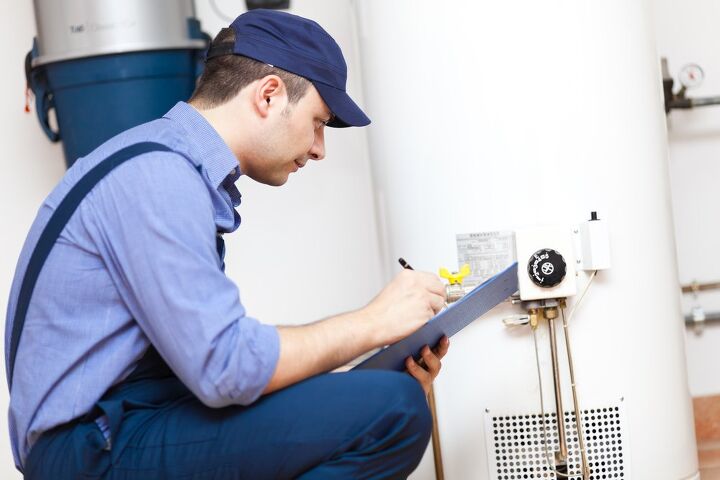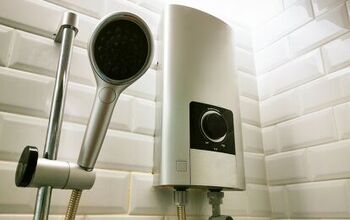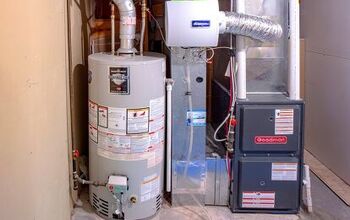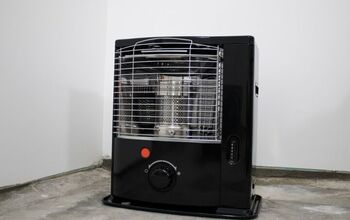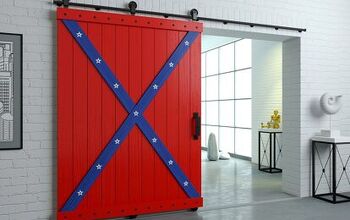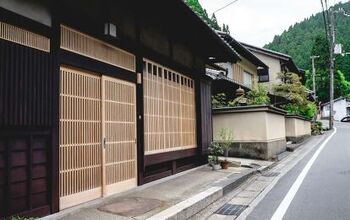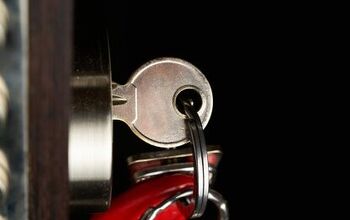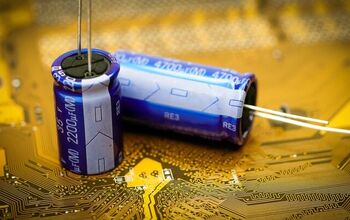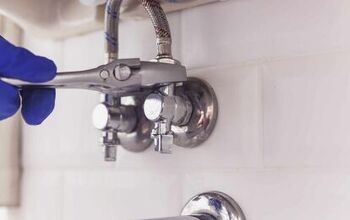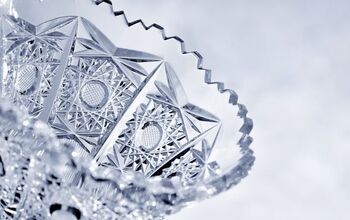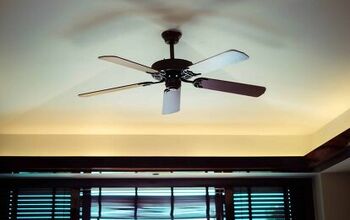Oil Hot Water Heater Vs. Electric: What Are The Major Differences?

Oil and electric water heaters are two common types of water heater, and each has its pros and cons. If you’re installing a water heater in a home or office, you should know what these are, as then you’ll be able to make a wise purchase.
In this article, oil water heaters will be compared to electric water heaters, and gas water heaters, which are also common, will be mentioned throughout as well for the purpose of comparison.
Oil water heaters are more energy-efficient than electric water heaters, but the latter systems are more affordable. Oil water heaters can heat water faster than most other water heaters, but they do require maintenance often. Electric heaters are good until there’s too much hot water demand; once this happens, these systems fail to produce hot water.
Do You Need Water Heater Installation or Replacement?
Get free, zero-commitment quotes from pro contractors near you.

How does an Oil Water Heater work?
An oil water heater utilizes a tank just like gas and electric water heaters do, and in this tank hot water is stored. Oil water heaters don’t solely run on oil. They also require electricity, as electricity is needed to power several of the components an oil water heater utilizes.
Unlike with electric and gas-powered water heaters, which heat only water, an oil water heater will heat an oil-water mixture. This mixture is exposed to an electric spark, and when this happens it’s ignited and the water gets hot.
Pros and Cons of Oil Water Heaters
Oil water heaters are not utilized as much as gas-powered and electric heaters, but this doesn’t mean that they are bad systems. They have pros and cons just like the other two water heaters do, and below these pros and cons will be explained so you can get a good idea of why—or why not—oil water heaters are sought after.
Pro: Oil Water Heaters Are Energy-Efficient
Oil heaters are energy-efficient systems, and although energy efficiency isn’t often associated with oil, it’s important to point out that these require less power to heat than, for example, gas-powered systems.
And when your water heater isn’t generating a lot of power to run, it’s not running up your energy bill and taxing the environment. When compared to an electric water heater, it’s clear that the oil-powered system is the more efficient of the two. This is mainly because electric water heaters always require electricity to run, and when there isn’t electricity, they will utilize backup gas power.
Moreover, electric systems don’t heat water as quickly as oil and gas systems do, which means you’ll be using an electric system more than you would be using either of the other two systems. The more time that’s spent running the system, the more energy—and money by extension—are burned.
Pro: Oil Water Heaters Can Store a Lot of Hot Water
Because they utilize large tanks, oil water heaters can store a lot of hot water, and this means they are good for homes and businesses that require hot water often. Electric water heaters, on the other hand, cannot usually satisfy high demand for hot water, and when demand exceeds supply the only thing that will come out of taps is lukewarm water.
Pro: Oil Water Heaters Heat Faster Than Other Systems
Oil water heaters can heat water faster than gas-powered and electric water heaters, and in some cases an oil-powered heater can heat water four times faster than one of the previously mentioned systems.
In large part, this fast heating time comes from the fuel that’s being burned. An oil-water mixture will burn a lot faster than just straight water.
Pro: Oil Water Heaters Last a Long Time
Oil water heaters are also good for those who are looking for a long-term water heater. In many cases, an oil water heater will last more than a decade, and some can last as long as 15 years before general wear and tear render the system inoperable.
Con: More Expensive
Generally speaking, oil water heaters are more expensive than electric and gas-powered heaters, and installation is also more expensive. Maintenance will be a little bit more expensive than maintaining either of the other two systems, but if you run your system well you won’t have to worry about high maintenance costs.
These systems are more complicated, and this largely explains why both initial price and installation cost more money.
Con: A Lot of Maintenance
While maintenance costs aren’t usually high, there’s a good chance you’ll be maintaining an oil water heater more than you would be maintaining another kind of water heater. This is because these complex systems require oil to run, and therefore sometimes you’ll need to clean the system or dislodge sludge.
If, however, you manage to maintain your system, it’ll run well and provide a lot of hot water when you need it.
Con: Need Proper Ventilation
Oil water heaters require ventilation, as exhaust will be the byproduct of the water heating. Because these are burning oil, ventilation is especially necessary, as misdirected exhaust could not only damage your home but be very harmful as well.
The necessity of a ventilation system is another thing that adds to the cost of an oil water heater. But ventilation is also required by gas water heaters, and here the need for thorough and efficient venting is just as paramount.
Con: Pilot Light Goes Out
If you house your system outside, you may need to re-light the pilot light often. This is an inconvenience that can be avoided by keeping the oil heater inside, but then you’ll have to find a way to ventilate the system properly.
Gas heaters also can experience pilot light outages, but not nearly as frequently. Moreover, gas heaters that utilize pilot lights aren’t typically kept outside. If you want to avoid pilot light problems, get a water heater that runs on electricity.
How Does an Electric Water Heater Work?
An electric water heater works in the following way. Cold water is brought to the drip tube, and here it’s heated by two heating elements that are inside the tank. Hot water will rise to the top of the tank, and that’s why it’s always quick to come when it’s called for.
Electric water heaters utilize thermostats, temperature and pressure relief valves, drain valves, insulated tanks, and anode rods. A water heater’s heating element will not run if the system is without electricity, but most electric water heaters have some kind of gas-powered backup that will heat water in the event that there’s no electricity.
Do You Need Water Heater Installation or Replacement?
Get free, zero-commitment quotes from pro contractors near you.

Pros and Cons of Electric Water Heaters
Electric water heaters have their good qualities and bad qualities, and below the pros and cons of electric water heaters are explained. Oil heaters will be mentioned throughout as well for the purpose of comparison.
Pro: Affordable
An electric water heater is probably the most affordable kind of water heater, but the cost will depend on the size and type of heater you’re using. For example, if your system doesn’t require a tank, it won’t be that expensive upfront. You may, however, need to spend more money if you need a lot of hot water often.
The price difference in hot water heaters usually comes from the installation cost. Since an electric heater doesn’t require a ventilation system, installation is far cheaper.
Con: Power Outages
If you lose power because of a storm or some other event, you won’t have access to hot water if you’re using an electric system. Gas water heaters, on the other hand, can operate even when there’s no power.
If this point is an important one to you, confirm that a gas water heater does not need electricity to operate before you purchase it.

Matt loves everything DIY. He has been learning and practicing different trades since he was a kid, and he's often the first one called when a friend or family member needs a helping hand at home. Matt loves to work with wood and stone, and landscaping is by far his most favorite pastime.
More by Matthew Mountain



